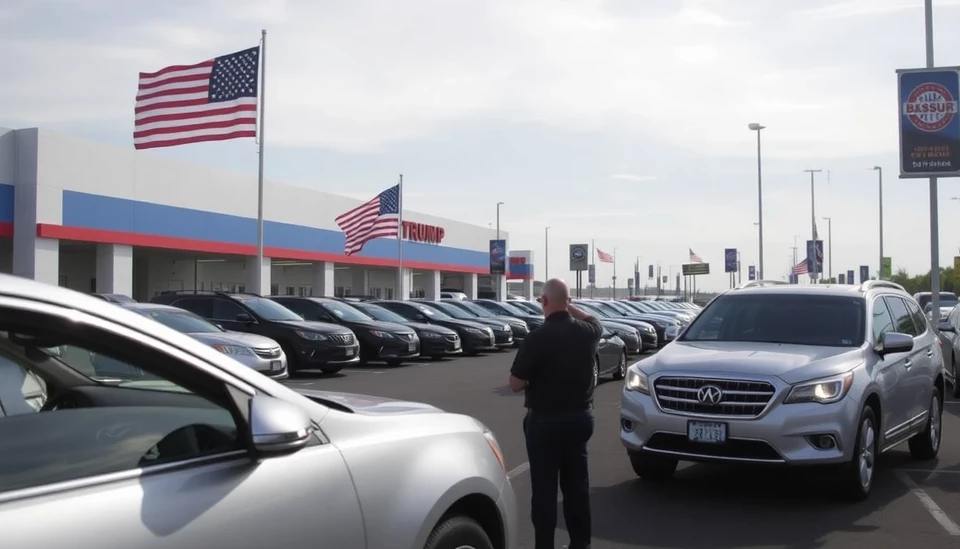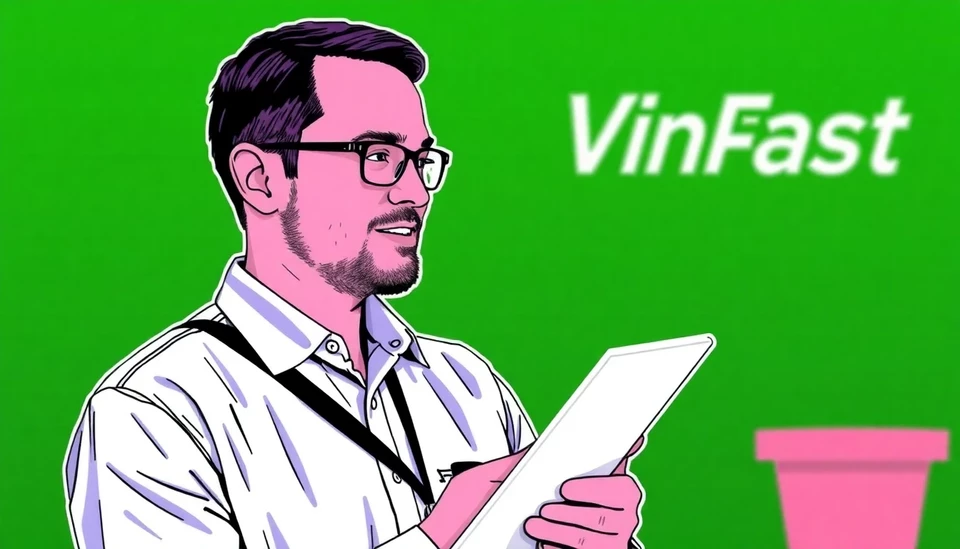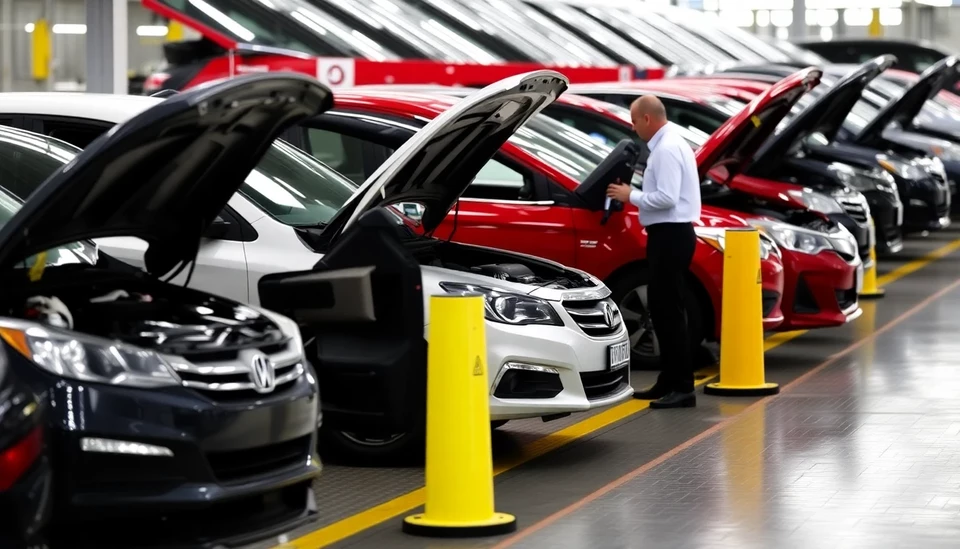
In a significant move, various auto industry lobbying groups have banded together in an effort to persuade former President Donald Trump to ease the tariffs imposed on imported vehicles and auto parts. This coalition, which includes some of the most influential associations in the automotive sector, aims to mitigate the financial strain placed on manufacturers and consumers alike as they navigate the complexities of the current trade landscape.
The escalating tariffs have caught the attention of numerous stakeholders in the automobile industry, particularly as the U.S. economy faces challenges that could be exacerbated by rising production costs. Prominent organizations such as the Alliance for Automotive Innovation, the American International Automobile Dealers Association, and the National Automobile Dealers Association are at the forefront of this lobbying initiative. Their primary goal is to highlight the adverse effects that these tariffs have on competitiveness and consumer pricing.
The coalition argues that the tariffs, which were initially designed to protect American jobs and bolster domestic manufacturing, have had unintended consequences. Manufacturers are witnessing increased costs for raw materials and parts, which in turn affects car prices for consumers. As a result, there is a growing concern that these tariffs may ultimately hinder sales and lead to job losses in the sector, contradicting the original intent of the tariffs.
In their outreach to Trump, the groups are emphasizing the notion that a reduction or elimination of these tariffs could stimulate growth within the automotive market. They are prepared to present economic data illustrating how tariff relief could support job creation in their industry, foster innovation, and ensure that American consumers have access to more affordable vehicle options.
Moreover, the lobbying alliance underscores the importance of maintaining a competitive edge in a global market that is rapidly evolving. The automotive sector is increasingly characterized by technological advancements such as electric vehicles and autonomous driving systems. The coalition contends that high tariffs hinder investment and innovation, essential components for future progress.
In addition to economic arguments, the group plans to leverage anecdotal evidence from dealerships and consumers who have been directly impacted by the rising costs. This grassroots approach could add a personal dimension to their case, appealing to both Trump's administration and the wider public who may relate to the financial implications of vehicle pricing.
The push for tariff relief comes at a critical moment, as the automotive industry is attempting to recover from pandemic-related disruptions while adapting to new market dynamics. The coalition's call for action aims to prompt a re-evaluation of tariff policies that, they argue, are no longer serving their intended purpose.
As discussions continue, auto industry leaders remain hopeful that their unified stance will resonate with policymakers, prompting a reassessment of tariffs. They are actively preparing for future negotiations, poised to leverage every opportunity to advocate for a more favorable trade environment that benefits both manufacturers and consumers.
In conclusion, the coalition of auto industry groups appears committed to mobilizing efforts in securing tariff relief. They aim to persuade key decision-makers that a pivot away from current tariff policies can foster economic growth, innovation, and job preservation in the American automotive sector. The outcome of these lobbying endeavors may well shape the future trajectory of the industry as it contends with both domestic and international challenges.
#AutoIndustry #TariffRelief #Lobbying #Trump #Manufacturing #Economy #ConsumerPrices #AutomotiveInnovation #BipartisanSupport
Author: John Harris




